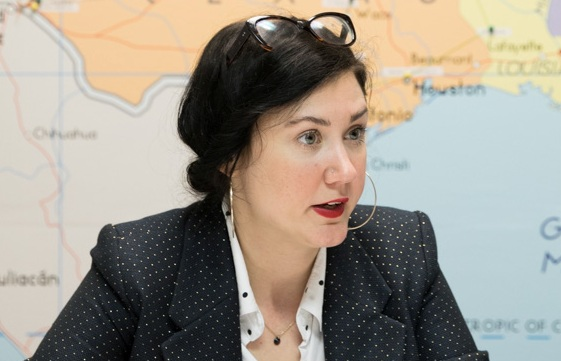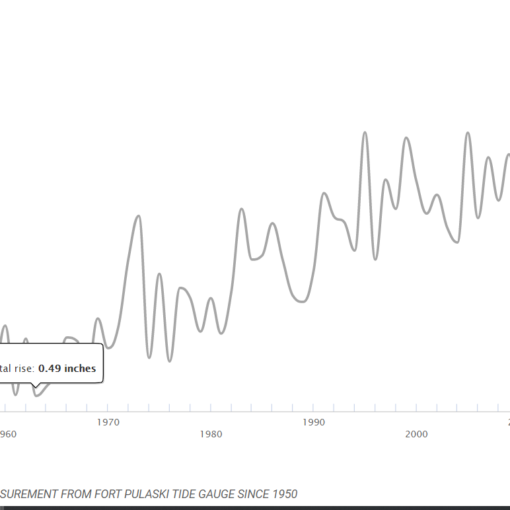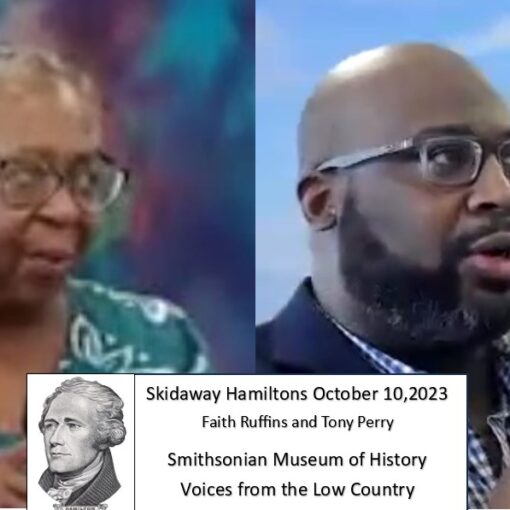Criminalization of Poverty in Savannah/Chatham County
Coco Papy, Director of Public Policy and Communication, Deep Center of Savannah
 On November 16, Coco Papy of the Deep Center made an extremely informative Zoom presentation to the Skidaway Hamiltons and Abigails. “Criminalization of poverty” has two common aspects: 1) laws, policies, and practices that unnecessarily over-penalize those in poverty, and 2) situations where people are arrested, charged, or imprisoned only because they lack the resources to satisfy the demands of the law. It is people of color who are disproportionately impacted by the criminalization of poverty.
On November 16, Coco Papy of the Deep Center made an extremely informative Zoom presentation to the Skidaway Hamiltons and Abigails. “Criminalization of poverty” has two common aspects: 1) laws, policies, and practices that unnecessarily over-penalize those in poverty, and 2) situations where people are arrested, charged, or imprisoned only because they lack the resources to satisfy the demands of the law. It is people of color who are disproportionately impacted by the criminalization of poverty.
Georgia has one of the highest incarceration rates in the country. In the state, black people are 31% of the population but 58% of the population in prisons and jails. Historically, Chatham County has been among the highest in the state in terms of adult and youth involvement with the court system. The Deep Center looks at policies that are both aggravating and alleviating the problem of large numbers of people being incarcerated in Chatham County, collecting large amounts of data and generating suggestions for mitigating the problem. It is now focusing its work on systemic change. Fortunately, some progress has been made. Local juvenile court judges have embraced the concept of restorative justice in collaboration with local organizations such as the Savannah PD’s Behavioral Health Unit and Front Porch, and the number of court-involved youth has been declining since 2015. More recently, Chatham County designated significant American Rescue Plan funds to reduce the jail backlog.
The cash bail system is a big part of the incarceration problem. It has created a two-tiered justice system: freedom until the court date for those who can afford it but jail time for those who cannot. Jail time frequently leads to loss of employment, loss of educational time, and loss of family ties. Those in pre-trial detention often plead to lesser crimes which they did not commit just to get released, and the criminal conviction follows them forever. The misdemeanor system is how most people encounter the justice system. Traffic violations are misdemeanors, as are shoplifting and public intoxication. Nationally, misdemeanors outnumber felony offenses 3 to 1 and make up 80% of the cases heard by courts in the country. Misdemeanor cases disproportionately affect people of color. White misdemeanor arrestees are 75% more likely to have all charges involving jail time dropped, dismissed, or reduced than black arrestees. There has been some good news locally regarding misdemeanors. COVID protocols led Chatham County to begin using a “cite and release” policy for certain misdemeanor offenses. Deep Center is advocating for codifying this practice. Deep Center also wants the bond schedule to be updated. Current suggested bond amounts for misdemeanor offenses range from $500 to $3,000, well beyond the means of many people. Finally, the Deep Center is advocating for a blanket pardon for all those in the County charged with possession of less than an ounce of marijuana. Savannah and Chatham County have passed ordinances decriminalizing such possession, but people who were convicted prior to the new ordinances still carry criminal records.
One of Deep Center’s primary advocacy activities now is to lobby Chatham County to adopt cash bail ordinances. The city’s Racial Equity and Leadership (REAL) task force recently recommended that the city adopt a cash bail ordinance, and the City Council agreed. However, all local courts are at the county level. The Deep Center requests that all concerned citizens reach out to the Chatham County Commissioners to pass laws that codify the elimination of cash bail for select, non-serious misdemeanors. The current County Commission is open to consider such laws. There just needs to be clear support of the electorate for this to happen.





